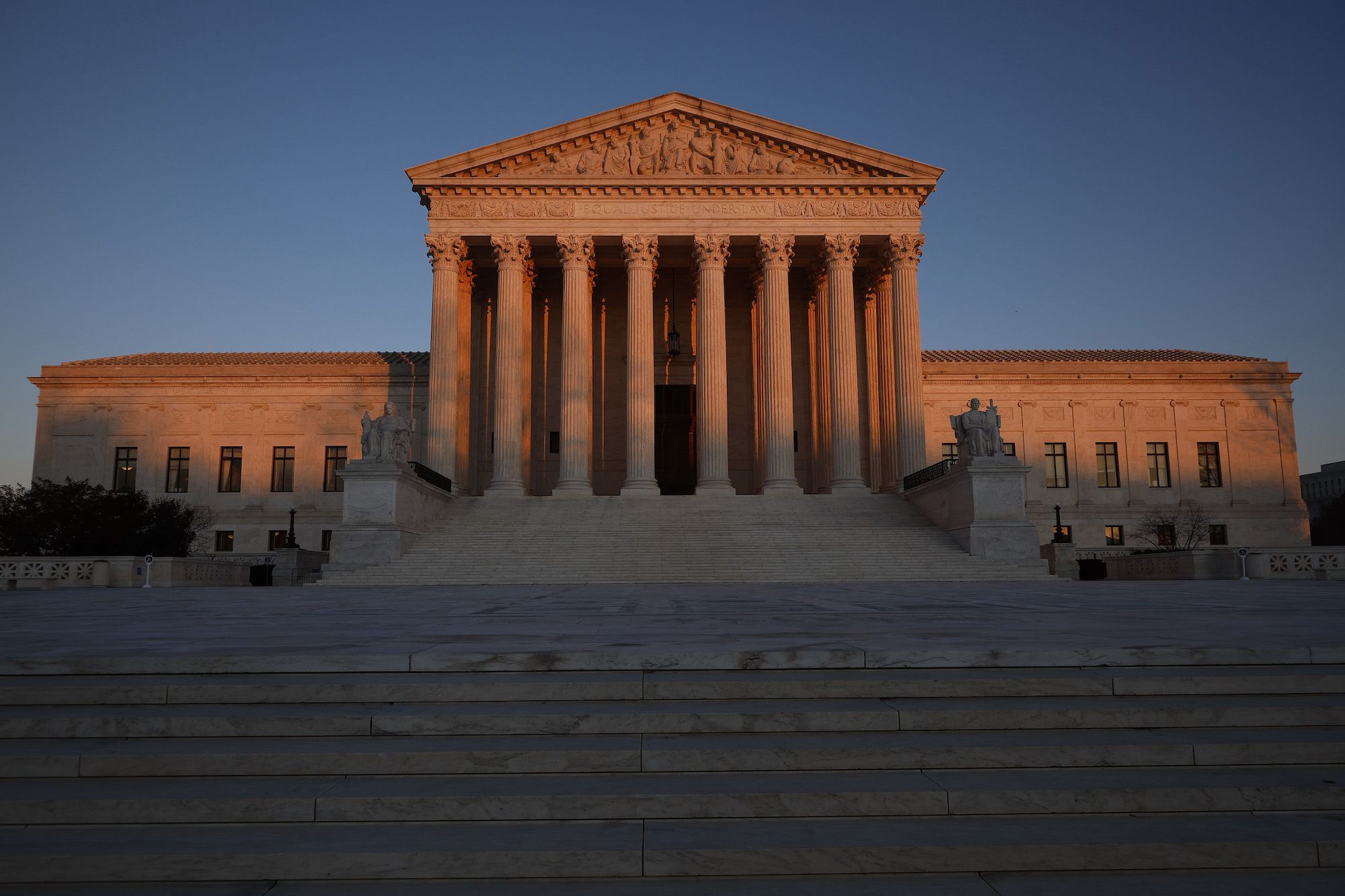Murky water runs through your backyard, clouding the water that comes out of your faucet and into the vegetables you wash, the water you use to brush your teeth. However, instead of the Environmental Protection Agency (EPA) fining the local oil company for pumping higher amounts of pollutants than what the agency believes is allowed, the local court ruled that the oil company is, in fact, allowed to do so. This is because the Chevron deference no longer applies and the EPA does not get the right to a “reasonable interpretation” of the statutes in the Clean Water Act. On the surface, this seems to be just a case of poor governance. How does that relate to the broader idea of democratic erosion?
Democratic erosion is no longer marked by flashy coup d’etats that marked the times of the old. Rather, politicians have learned to subvert democratic norms for their own gain and chip away at the institutional safeguards of the state. Countries with established democratic norms, like the United States, are not immune to this.
One sly method is leeching decision-making control away from the bureaucracy. Underpinning this principle of administrative legal independence is the “Chevron deference.” The recent Supreme Court case of American Hospital Association v. Becerra (2022) is the latest in a long string of cases that expressly whittles this principle. In the original landmark case of Chevron U.S.A., Inc. v. Natural Resources Defense Council, Inc (1984), the Supreme Court ruled that federal courts should defer to a federal agency’s “reasonable interpretation” of unclear statutes in congressional legislation. By allowing bureaucratic experts a wide berth in rule implementation, Chevron recognized the expertise of the federal bureaucracy as an unwritten decision-making body for all “technical and complex” regulatory schemes. In the absence of Chevron, federal agencies would face uncertainty about whether the judiciary will undo their work at their whim.
Since then, the Court has become more polarized with the consistent appointment of extremely conservative Justices. Agencies such as the Environmental Protection Agency (EPA) have angered the GOP due to what Republicans believe to be liberal interpretations of environmental legislation. They have attacked the federal agencies as “unelected, unaccountable bureaucrats” wresting away power from Congress. Cases such as Epic Sys. Corp. v. Lewis (2018) and West Virginia v. EPA (2022) have questioned the scope of Chevron by qualifying what constitutes “reasonable interpretations,” what types of orders (e.g. policy manuals or statements) do not require this deference, or what is deemed as “ambiguous” or “unambiguous.” This has culminated in the broader erosion of Chevron over time, as the initial deference afforded to the federal bureaucracy significantly shrinks in scope.
Constitutional scholars hold that independent bureaucracies are crucial to healthy democracies. This requires a confident body not worried about retaliation from the judiciary and legislature. Bureaucratic independence serves three critical functions to a democratic state: one, it is an institutional check on the misuse of state power. This is because it constitutes the “internal separation of powers” in administrative law. Two, as an institution with its own organizational culture, it tends to be “conservative,” which slows down change, be it liberal or conservative changes. Third, as an established, merit-based bureaucracy, it prevents the rise of a patronage or client system, which is hiring on the basis of partisan ties.
American Hospital Association v. Becerra (2022) represents the continued narrowing of the Chevron deference. Instead of addressing whether Chevron should apply, the conservative-leaning court ruled that the Department of Health and Human Services was not allowed to set its own reimbursement rates as the statute at hand was not ambiguous. Instead, it was decided solely on the ordinary principles of statutory analysis.
Although it was a narrow ruling, constitutional scholars have noted that Chevron was not cited at all, even though both the appellant and appellee cited the case extensively in defense of this precedent or in overturning this ruling entirely. This may be the latest step in the ultimate demise of the Chevron deference. Cases in the future may all but never cite Chevron again, or use lower levels of analyses. Already, upcoming cases, such as Sackett v. EPA, already portend a future where Chevron will completely fall to the wayside. In the wake of the tumultuous Dobbs v. Jackson Women’s Health Organization (2022) ruling that overturned the constitutional right to abortion, the Court may opt to go down a quieter path to Chevron’s demise.
The Supreme Court has wrested power from the bureaucracy by narrowing and ignoring the Chevron deference. By doing this, elected Republican officials are able to avoid accountability. They have weaponized the judiciary by appointing a large number of lifetime judges and Justices aligned with their ideals to the federal bench. Recent conservative Justices, such as Amy Coney Barrett, Justice Gorsuch, and Justice Kavanaugh, were all appointed through party-line votes or extremely contentious hearings. Justice Kavanaugh, for example, was only appointed through Republican refusal to consider Judge Merrick Garland for the Court during the Obama Administration. These judges then make controversial decisions that may be otherwise difficult for Republicans to implement through the legislative process. This shields elected Republicans from the resulting repercussions. These decisions are also likely too complicated for the general American public to digest. Generating passion for the regulatory state is already a tall order in the legal world, let alone among the general public.
The bureaucracy is an institution commonly villainized as slow, recalcitrant, and cumbersome. But it may be key to the vitality and stability of our democracy for these very reasons. As American Hospital Association v. Becerra (2022) demonstrates, democratic erosion can happen through the judiciary. Narrowing the scope of such a crucial but overlooked institution that indirectly checks the potential misuse of power by the other branches of government sets a dangerous precedent for us all with real-life consequences – such as pollutants in the very water we drink from.


0 Comments